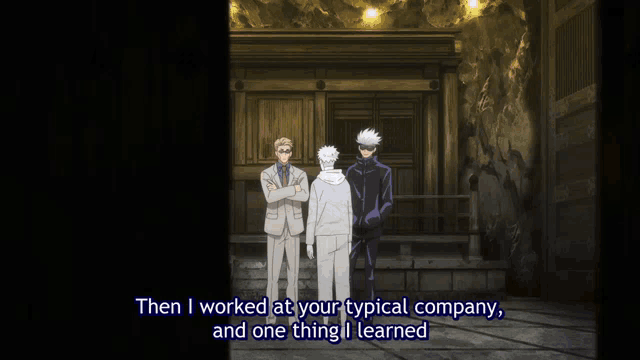Anime & Manga One Piece Spoilers - The Waiting Room
- Thread starter Bogard
- Start date
- Tags all hail peroroncino capybara room cattitude coc top 1 degenerate franky will say jewnicorn fitness on panel giselle is a sanji enjoyer hiyori <3 kaido>akainu linlin>your fav pero betrayed cruzeiro 1997 peroroncino4admin playa4admin real madrid > jobbermund reloaded is guilty and i can prove it tac for super admin this goblin is hungry for hints tobirama best hokage urouge top 1 wepo negs your fav woro top 1
More options
Who Replied?
@Lance_Dragonite keep your words when we reach that page
A spoiler is an element of a disseminated summary or description of any narrative that reveals plot elements, with the implication that the experience of discovering the plot naturally, as the creator intended it, has been spoiled. Typically, the details of the conclusion of the plot, including the climax and ending, are especially regarded as spoiler material. Plot twists are also prone to spoilers.
More broadly, the term can also be used to refer to any piece of information, regarding any part of a given media, that a potential consumer was not intended to know beforehand.
One of the first print uses of the term was in the April 1971 issue of National Lampoon,[1] in which an article by Doug Kenney entitled "Spoilers" revealed the endings of famous films and movies. Kenney wrote: "Spoilers! What are they? Simply the trick ending to every mystery novel and movie you’re ever liable to see. Saves time and money!"
The term spoiler was introduced in the early days of the Internet, and came to prominence in newsgroup conversations. It is still common in internet articles and social media discussions. Early rules of netiquette insisted that spoilers could and should be normally avoided, but if the posting of "spoiling" information was unavoidable, it be preceded by a warning such as "SPOILER ALERT", or the spoiler itself has to be masked so that it can not be visible to any but those keen for details and not fazed at the thought of such potentially plot-revealing information.
Sometimes, these warnings are omitted, accidentally or deliberately, and some unwitting readers have had literature, films, television programmes and other works that they were looking forward to experiencing "spoiled".
More broadly, the term can also be used to refer to any piece of information, regarding any part of a given media, that a potential consumer was not intended to know beforehand.
One of the first print uses of the term was in the April 1971 issue of National Lampoon,[1] in which an article by Doug Kenney entitled "Spoilers" revealed the endings of famous films and movies. Kenney wrote: "Spoilers! What are they? Simply the trick ending to every mystery novel and movie you’re ever liable to see. Saves time and money!"
The term spoiler was introduced in the early days of the Internet, and came to prominence in newsgroup conversations. It is still common in internet articles and social media discussions. Early rules of netiquette insisted that spoilers could and should be normally avoided, but if the posting of "spoiling" information was unavoidable, it be preceded by a warning such as "SPOILER ALERT", or the spoiler itself has to be masked so that it can not be visible to any but those keen for details and not fazed at the thought of such potentially plot-revealing information.
Sometimes, these warnings are omitted, accidentally or deliberately, and some unwitting readers have had literature, films, television programmes and other works that they were looking forward to experiencing "spoiled".








